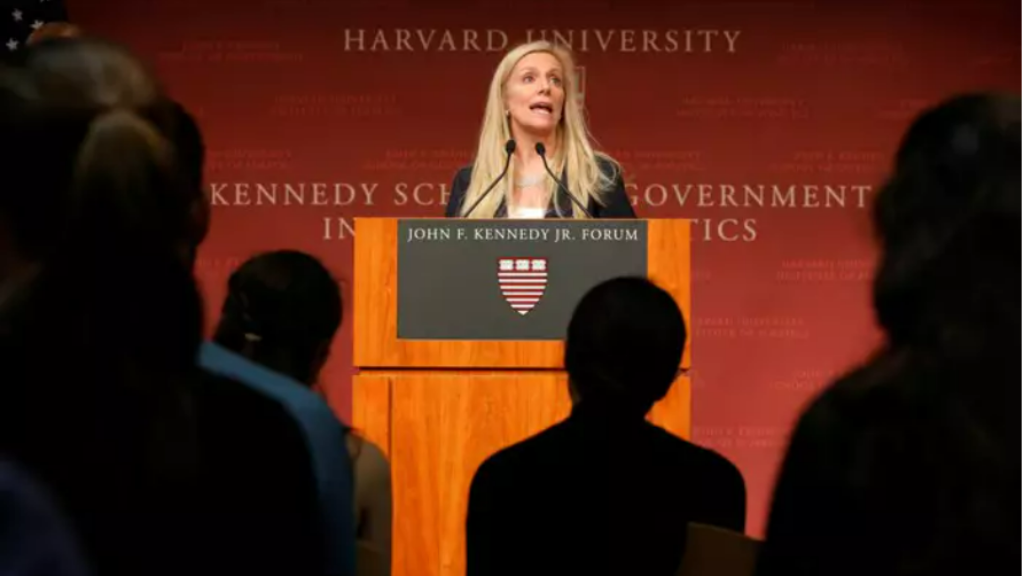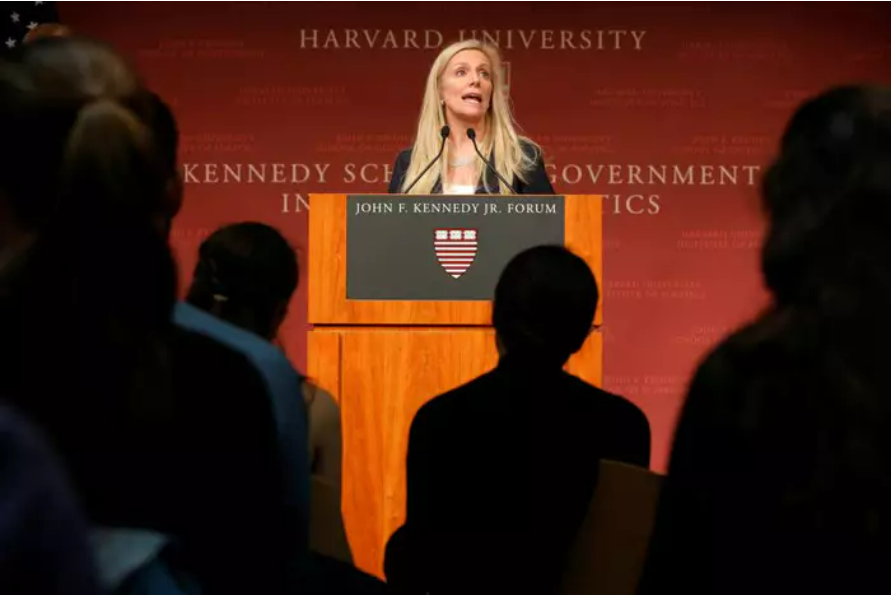According to Federal Reserve Vice Chair Lael Brainard, the world is swiftly moving toward more usage of digital payments, and an official digital version of the US dollar might help protect the country’s worldwide supremacy when other governments issue their own.
According to Federal Reserve Vice Chair Lael Brainard, the world is swiftly moving toward more usage of digital payments, and an official digital version of the US dollar might help protect the country’s worldwide supremacy when other governments issue their own.
“I don’t think we should take the dollar’s global status for granted,” she told lawmakers in Congress, “and in a world where other major jurisdictions are moving toward the issuance of their own digital currencies, it’s important to consider whether the United States would continue to have the same type of dominance without also issuing one.”
The necessity for a central bank digital currency (CBDC) remains divisive among Fed officials, who have recently completed a four-month public consultation session on the notion.
While Brainard has come out in favor of the notion, other Fed regulators, such as Fed Governor Christopher Waller, have expressed reservations, pointing out that many dollar transactions are now digital and raising privacy issues. The Fed as a whole has said that it would not initiate one unless it has unequivocal backing from the White House and legislators.
She stressed that no decision has been taken and recognized the dangers on both sides, but said that in a fast digitizing world, developing a digital currency might help preserve financial system stability as crypto-assets and digital currencies produced by other nations grow more popular.
“We know there are dangers of not acting, just as there are risks of acting,” Brainard said at a hearing before the U.S. House of Representatives Financial Services Committee on the topic, adding that even if it were agreed to create one, it would take five years to implement.
On the road to probable implementation, it lags behind its main global central bank rivals, including the ECB, Bank of Japan, and Bank of England. According to the Atlantic Council think group, China is now testing its own CBDC, and nine nations have already done so, with another 87 considering it.
MORE REGULATION OF CRYPTO MARKETS IS REQUIRED
The perils of loosely regulated cryptocurrencies and stablecoins, which skyrocketed in value during the COVID-19 epidemic, have been brought into sharp relief, with the crypto market plummeting this month after the demise of key “stablecoin” terraUSD. Bitcoin, the most popular cryptocurrency, has lost more than half of its value since November.
“These incidents highlight the need for clear regulatory guardrails to safeguard consumers and investors, maintain financial stability, and provide a fair playing field for competition and innovation throughout the financial system,” Brainard said.
A CBDC would be produced and supported by the central bank, unlike cryptocurrencies, which are normally controlled by private players. If the US decides to create one, Brainard believes the Fed should take steps to avoid “disintermediating banks,” given their importance to the financial system, such as restricting the amount a person may store or move.
Brainard has said that she would prefer a non-interest bearing digital dollar in order to avoid a decline in deposits elsewhere in the banking system.

